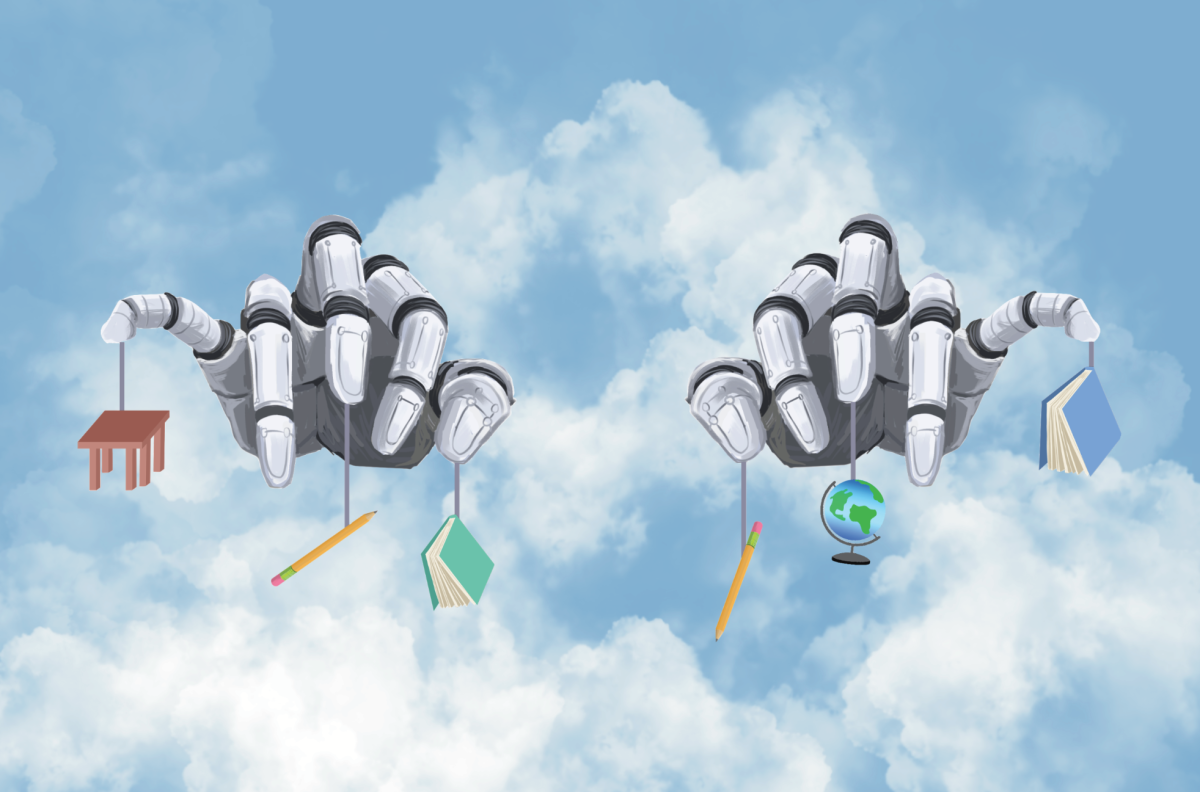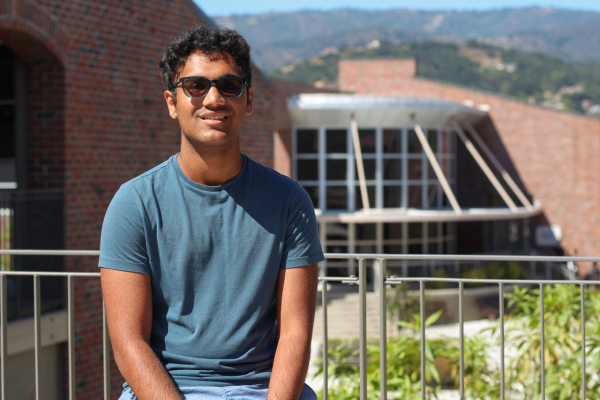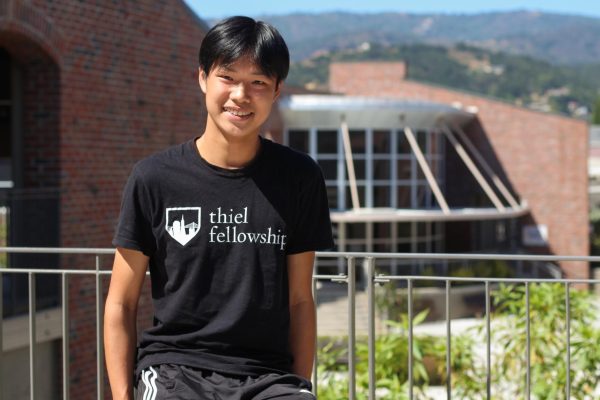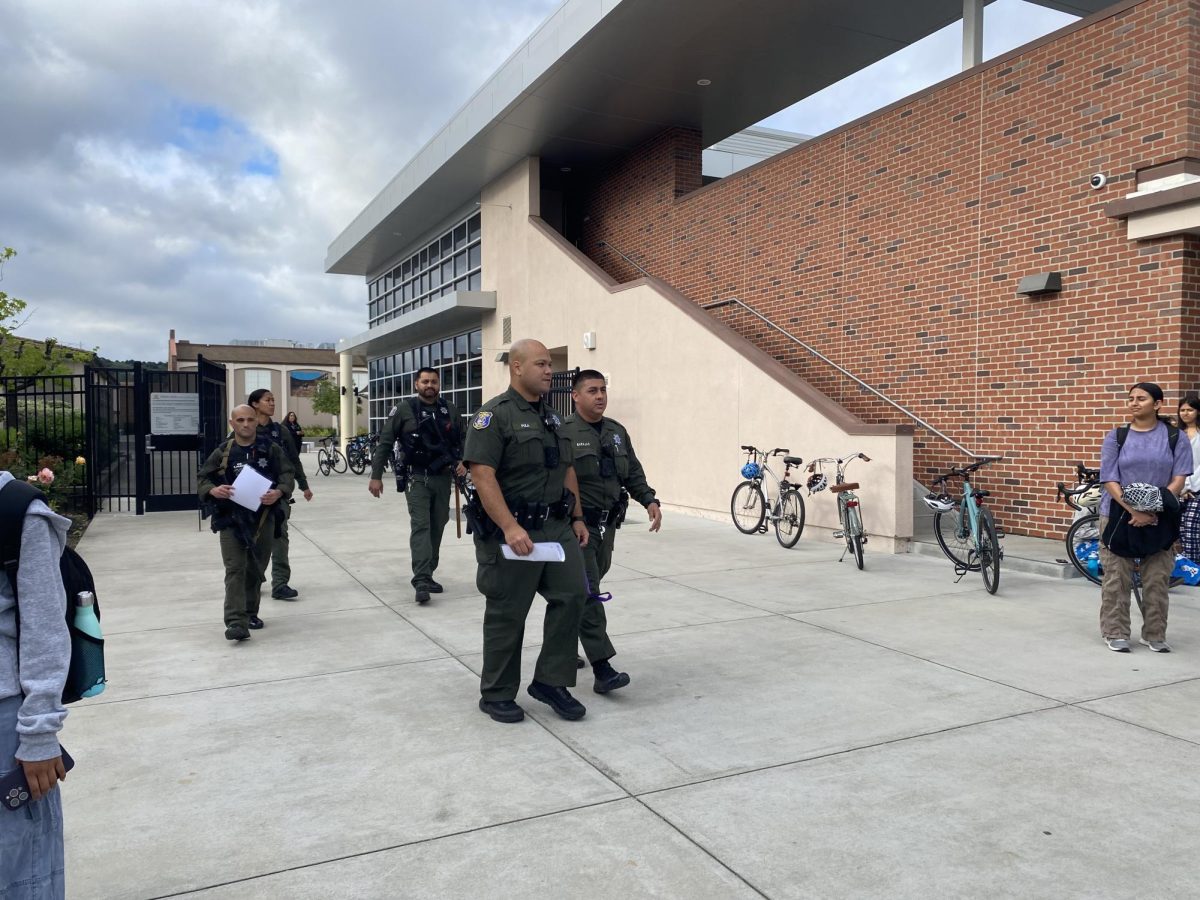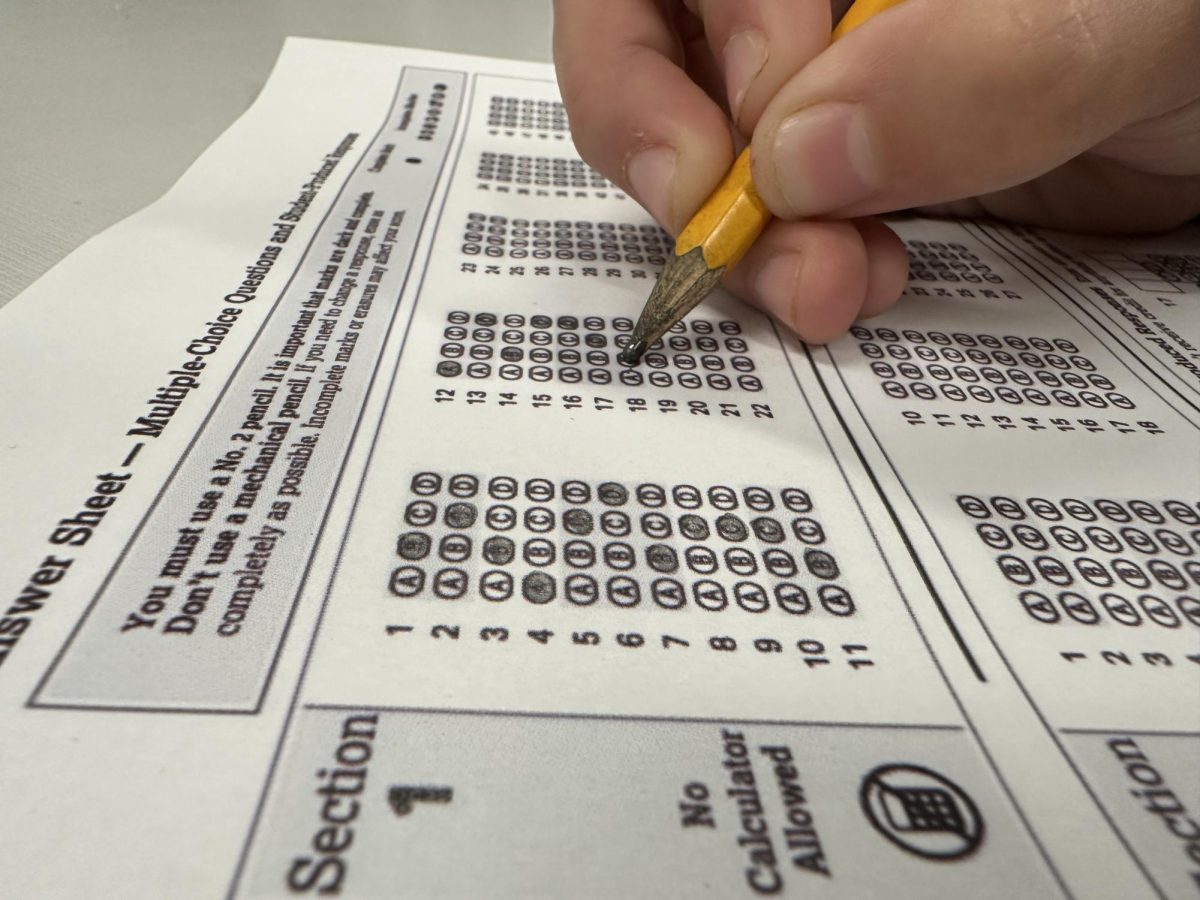AI-based tools have flooded classrooms across the nation in the past two years. Most notably, almost 90% of students reported usage of ChatGPT, just months after its release in November of 2022, according to a Forbes survey. These movements have since sparked ethical concerns regarding privacy, effective and responsible use, AI literacy and the implementation of regulation in classrooms.
There have been various attempts, both statewide and nationwide, to educate and assist educators in the face of this transition. For one, Rep. Lisa Blunt Rochestor of Delaware and Rep. Larry Bucshon of Indiana introduced the national Artificial Intelligence act last December, which would systematize AI literacy into digital literacy and provide $2.75 billion to establish grant programs that promote digital inclusion and equity.
Two months ago, the state of California released its own guide — Artificial Intelligence: Learning with AI, Learning about AI — as part of a movement by 13 states offering informative guidance for students and staff in districts across the nation.
FUHSD, meanwhile, has initiated its own approaches to adapt to the new prominence of AI this school year, beginning with the formation of the AI Task Force in spring of last year. The AI task force is led by FUHSD Coordinator of Educational Technology Menko Johnson and is currently in the process of forming policies to navigate the issues at hand.
Johnson states teachers’ primary concern is they feel students have a more clear understanding of AI than they do themselves, setting them on the backfoot when tasked with teaching AI literacy in classrooms. He therefore uses an approach that begins with not only presenting teachers with guidelines for recognizing ethical and unethical AI use, but also opportunities for staff themselves to familiarize with AI and its tools.
“As you can imagine, anytime you become more familiar with a tool, you might start to think of extensions of how you could use this tool with students, but right now, we just need to get teachers to start using it themselves to really even understand the possibilities,” Johnson said. “You can get some very immersive experiences that you wouldn’t think of if you’ve never used it before, and so we want to kind of give them that level of experience.”
Johnson has observed many teachers discovering the potential of AI tools. For example, he says computer science teachers have found benefits in using AI to provide explanations, as it can provide unique ideas for the process of solving a problem. In addition, the AI task force is also encouraging staff to share other unique uses in other subjects.
“Everyone is looking for new ways to deal with this,” Johnson said. “We are looking at some teachers who may be very creative with uses of AI, and they would be doing conferences and other things for other teachers, to show them or give them ideas. Once you see the ideas, I think it’ll work, but it’s just that right now everyone’s afraid. It’s the fear of the unknown.”
However, Johnson and many teachers also recognize that AI presents opportunities for misuse. World Literature teacher Shozo Shimazaki states that the process has been a challenge for English teachers particularly, as AI can serve as a hindrance to learning to write.
 “We try to teach writing as a skill and as any normal skill you need to learn it as a process,” Shimazaki said. “But when you can instantly get a well written assignment or essay without going through the whole process, a lack of learning will occur.”
“We try to teach writing as a skill and as any normal skill you need to learn it as a process,” Shimazaki said. “But when you can instantly get a well written assignment or essay without going through the whole process, a lack of learning will occur.”
Shimazaki sees the ease of access to well-written assignments by AI as a serious problem in MVHS that can grow rapidly if not attended to with urgency. Both Shimazaki and American Literature teacher Lynn Rose use various tools to help them check essays for AI writing before and after submitting.
“Ms. Rose and myself took a lot of time to really be upfront with the students,” Shimazaki said. “Three things we have been implementing are that we can see revision histories, we require students to turn in the document that they had been working on step by step throughout the process of writing the essay and we perform different scans.”
One such example is Turnitin, used by many teachers at MVHS for assignment submissions, which developed a built-in AI detection feature last February that is “highly proficient in distinguishing between AI and human-written content,” according to its website.
Senior and co-president of AI club Andrew Zhou agrees with the implementation of measures used by teachers to regulate the use of AI, acknowledging that AI may detract from learning in the short-term. However, he believes that over time people will see it as a tool and nothing more, following a similar path as past inventions like calculators.
“’I’m just concerned that like any other tool that can be used for education, AI will detract from students’ actual learning. For example, with the invention of calculators, people probably got worse at mental math,” Zhou said. “So I think it’s definitely important that you teach students how to properly use these tools, not as a crutch, but as a support tool to help you develop your skills.”
Zhou likewise agrees that the integration of AI into daily life, especially with academics, will be inevitable especially as AI technology develops, emphasizing versatility in both teaching AI literacy in classrooms and using AI in everyday life.
 “There’s no point in resisting change at this point,” Zhou said. “The path is sort of set that this technology is going to become a dominant part of our everyday lives. How we navigate that will just be the only thing you can do — to try and live with an AI-powered world.”
“There’s no point in resisting change at this point,” Zhou said. “The path is sort of set that this technology is going to become a dominant part of our everyday lives. How we navigate that will just be the only thing you can do — to try and live with an AI-powered world.”
Ultimately, Johnson says the district will continue to implement meaningful adaptations to the changes and address the overall skepticism surrounding AI. He hopes to continue involving and educating not only staff, but students and families as well.
“If we think back, it’s only been not even 18 months, and AI has completely changed the landscape of what we do,” Johnson said. “So I can’t imagine what the three or four years from now are going to look like, but we’re on this journey together.”


















